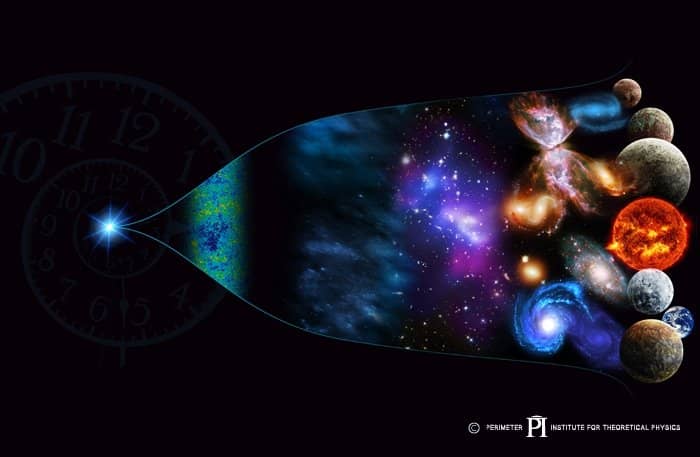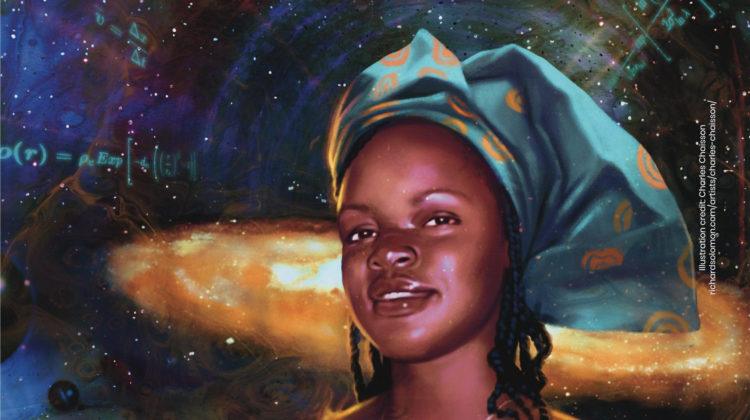Researchers Tackle Complex Question of Time's Arrow
Time flies straight ahead like an arrow, never backtracking, and a Perimeter postdoc has co-authored a Physical Review Letters paper that offers an explanation as to why.

Physicists have long sought to explain why the arrow of time always flies from past through present to future.
One explanation for this, writes Perimeter Templeton Frontiers Fellow Flavio Mercati and his co-authors in a new Physical Review Letters paper, could be intrinsically tied to the complexity of our universe.
The arrow of time is often explained by the so-called “past hypothesis,” which presumes that the universe began with a very special low-entropy state – a tidy scenario in which the baby universe was nicely ordered before getting progressively messier.
But our universe doesn’t seem to get messier as it evolves; on the contrary, observations suggest it evolved from a very messy state in the past (a “plasma soup” close to thermal equilibrium) into the beautifully ordered structures seen today (galaxies, solar systems, people).
The past hypothesis makes too many unreasonable assumptions about the early universe, says Mercati, and raises questions about how it became tuned with such precision.
A more tenable proposal, he and co-authors Julian Barbour and Tim Koslowski suggest, is an explanation based on complexity.
“The universe is a structure whose complexity is growing,” says Mercati. “The universe is made up of big galaxies separated by vast voids. In the distant past, they were more clumped together. Our conjecture is that our perception of time is the result of a law that determines an irreversible growth of complexity.”
When examined through the lens of complexity, the state of the early universe seems all but special: most solutions of the dynamics evolve through a state of very low complexity, which looks special to the observers emerging later.
– Colin Hunter
FURTHER EXPLORATION





















































































